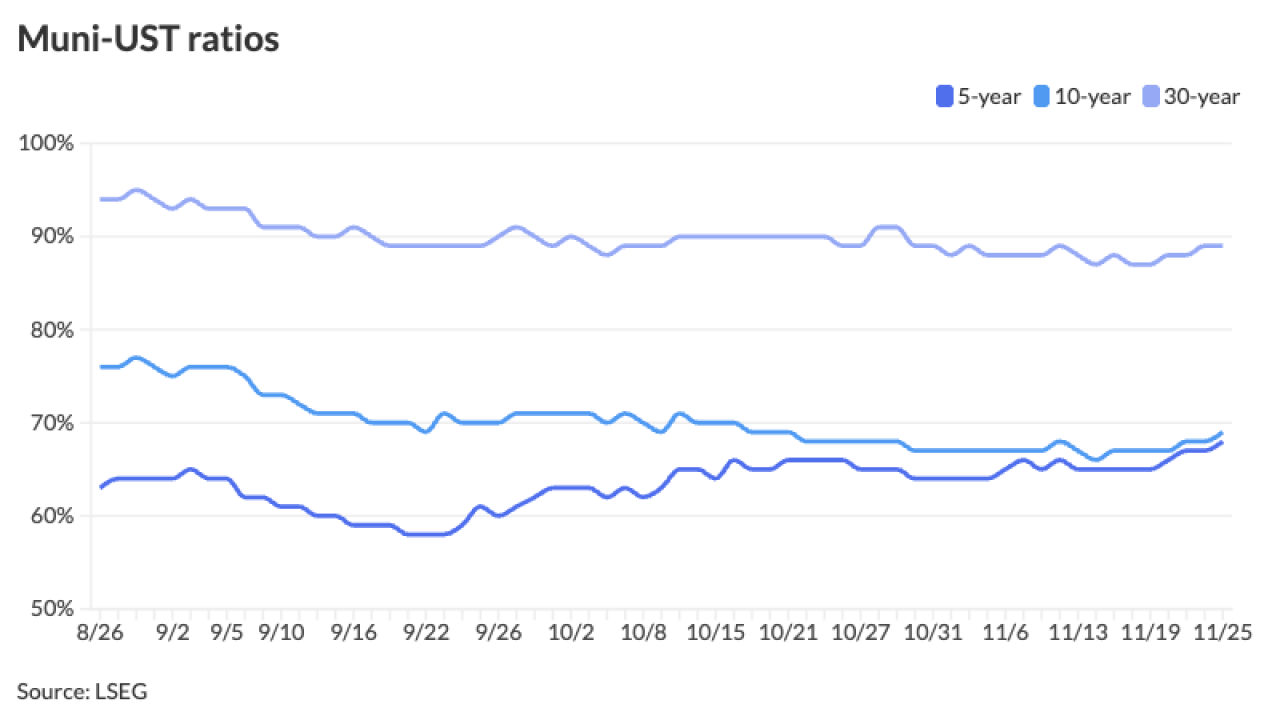
CHICAGO -- Illinois House Speaker Michael Madigan suggested that recently expired income tax rates offer a good starting point in negotiations to solve a roughly $5 billion budget deficit.
The powerful Chicago Democrat made his comments during a rare speech to the City Club of Chicago Wednesday, as the General Assembly's Democratic majorities remain mired in a budget impasse with Republican Gov. Bruce Rauner.
Madigan used his address primarily to reinforce his longstanding position that Rauner should drop his demands that lawmakers pass his policy and governance agenda items as part of a fiscal 2016 budget and focus on tackling the budget as a single issue.
In questioning, Madigan took past comments that the budget should be balanced through a mix of new revenue and cuts a step further, by citing the former tax rates as a mark from which to launch negotiations from.
"A good place to begin…would be the level we were at before the income tax expired…and starting there, you can go in whatever direction you want to go," Madigan said.
Lawmakers passed an income tax hike in 2011 that raised the individual income tax rate to 5% from 3% and the corporate rate to 7 % from 5%. The rates partially expired on Jan. 1, declining to 3.75%, and 5.25%, respectively. The tax-rate reductions cost the state billions in revenue.
Former Gov. Pat Quinn wanted to extend the rates but he lost his re-election bid last year and Rauner came into office in January saying he would support tax hikes only if his policy agenda items are adopted as part of a budget solution.
Rauner offered up a $32 billion spending plan with deep cuts and Democrats countered with a $36 billion spending plan that is at least $4 billion short of needed revenue. There the two sides have remained stuck, more than five months into the fiscal year.
Rauner wants worker's compensation and tort reforms, a local property tax freeze with curbs on union negotiating powers, and constitutional amendments on term limits and legislative redistricting.
Madigan stuck with familiar rhetoric during his speech, defending Democratic opposition to many of those agenda items and promoting the need to focus on the budget alone. Madigan reiterated his argument that Rauner's refusal to deal with the budget alone is "extreme" while a budget solution demands "moderation." Democrats have also sought to pass alternative versions of several items on Rauner's agenda but Republicans are opposed because they fall short of what Rauner has demanded.
Madigan also cited bond rating agencies in his arguments Wednesday. Rating agencies in their state critiques have "never talked about worker's compensation, collective bargaining, prevailing wages….they talk about money in, money out," Madigan said, adding the state's woes are driven by there not being enough money coming in to pay for what's going out.
Madigan highlighted the state's deep debt levels between its bonded obligations, unfunded pension obligations, structural budget deficit, and $7 billion bill backlog. It's a message he began sounding in recent weeks after it was disclosed that the Illinois Finance Authority is preparing an issue that would pay off some state vouchers.
"Illinois is awash in debt," he said, and borrowing to cover operations is "terribly significant."
Later in the day, Madigan's staff made clear that the speaker has no intention of advancing legislation to raise income tax rates outside of an agreed-to resolution on the budget with Rauner.
Illinois continues to spend at fiscal 2015 levels under various continuing appropriations and court orders and rating agencies have raised concerns over the dwindling time in the current fiscal year to make progress on the state's structural budget woes.
Moody's Investors Service dropped Illinois one notch to Baa1 from A3 on Oct. 22, primarily due to the budget feud. Moody's assigns a negative outlook.
Fitch Ratings also recently downgraded the state to the same level at BBB-plus, but assigns a stable outlook. Standard & Poor's has the rating at A-minus on creditwatch. Illinois is the lowest rated state.





